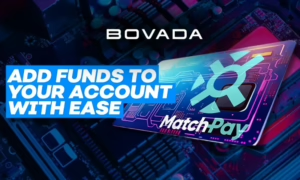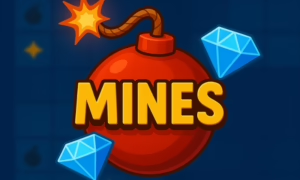A block explorer is an online app that allows the user to discover the details of all of the transactions that have ever transpired on a particular blockchain.
A block explorer is like a search engine for a specific blockchain that enables you to find specific data on a blockchain. This can be anything from the date and time a particular block was mined, inter-wallet transactions made by public keys, and any other data that might be hidden within a block, such as a verse from the New Testament that was concealed in block 666,666 of the Bitcoin blockchain. Other blockchains have a wider use-cases, such as Ethereum that is on open-source blockchain that allows its users to create their own dApps and fungible (ERC-20) and non-fungible (ERC-721) tokens that operate through the Ethereum blockchain, with all contracts being authenticated and stored on the it as well.
It is a type of software that operates by using both an Application Programming Interface (API) and blockchain node to locate and extract data matching the search inquiry from the blockchain and to then display the data in a legible format. The user should then be able to easily find the data that they are looking for. It is also able to provide technical information such as hash rate variances over time, block depth and height information, transaction approval data and market activity such as changes in demand and pricing of cryptocurrencies. Block explorers are able to do this in real-time, which makes it useful for crypto-traders, hodlers and news sites, among others.







